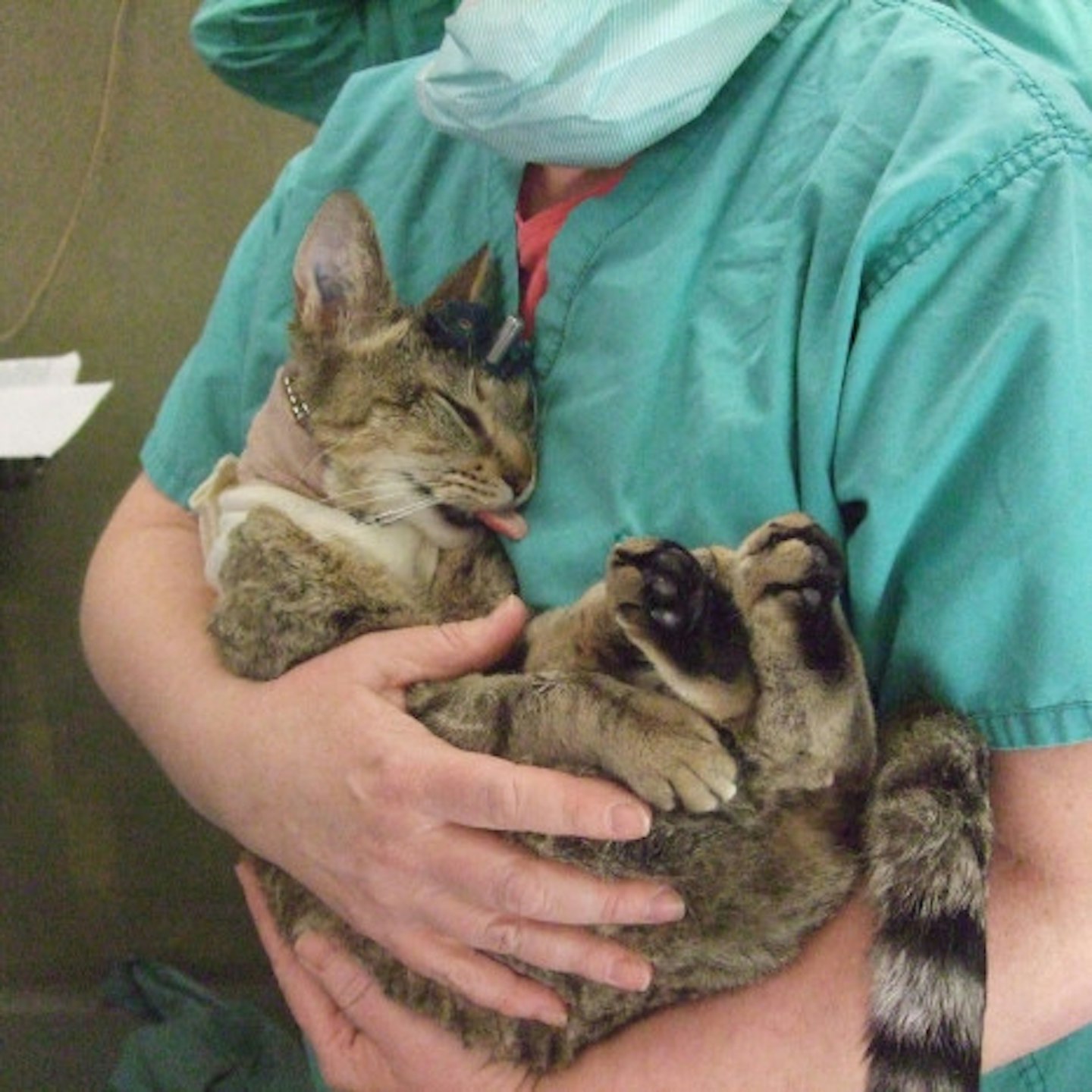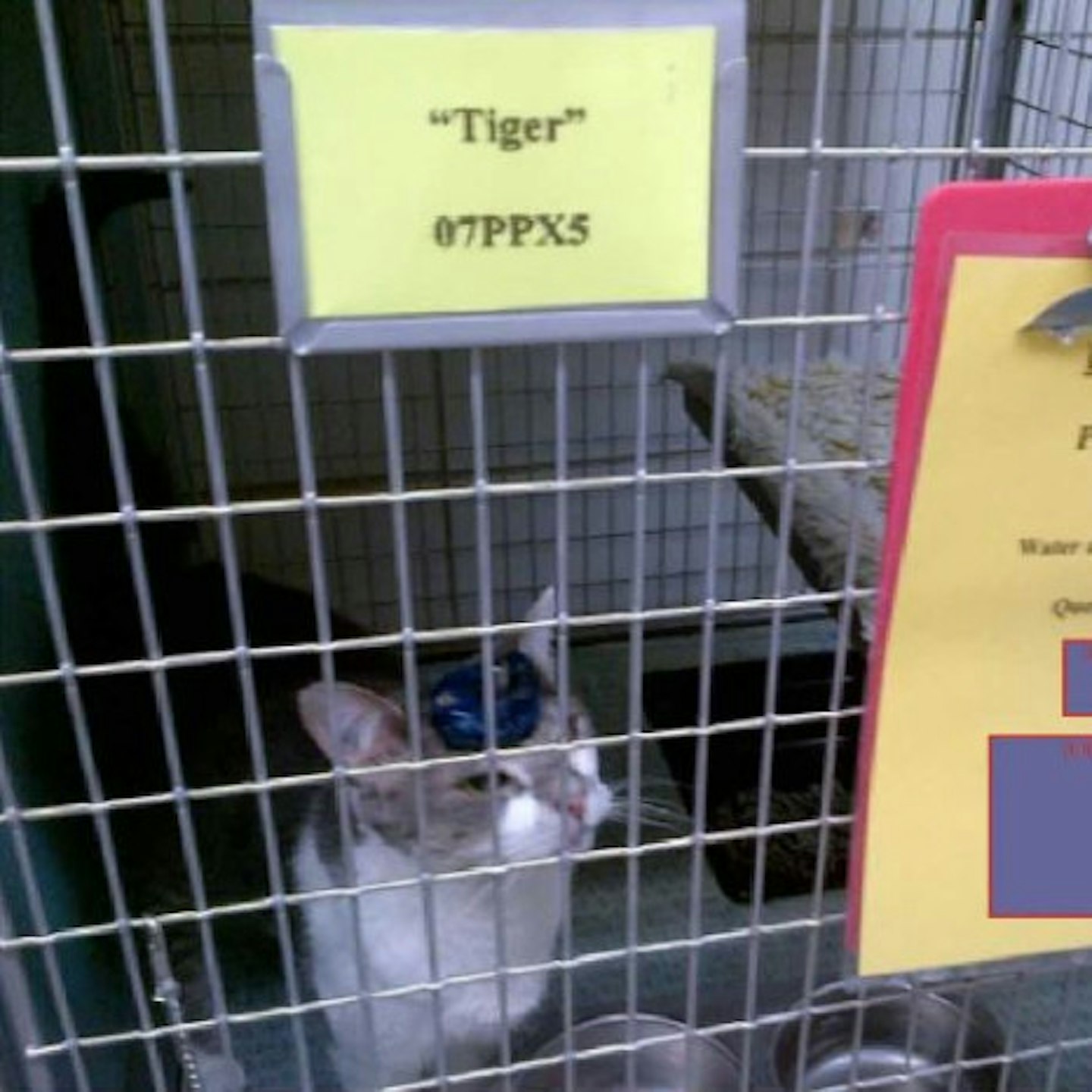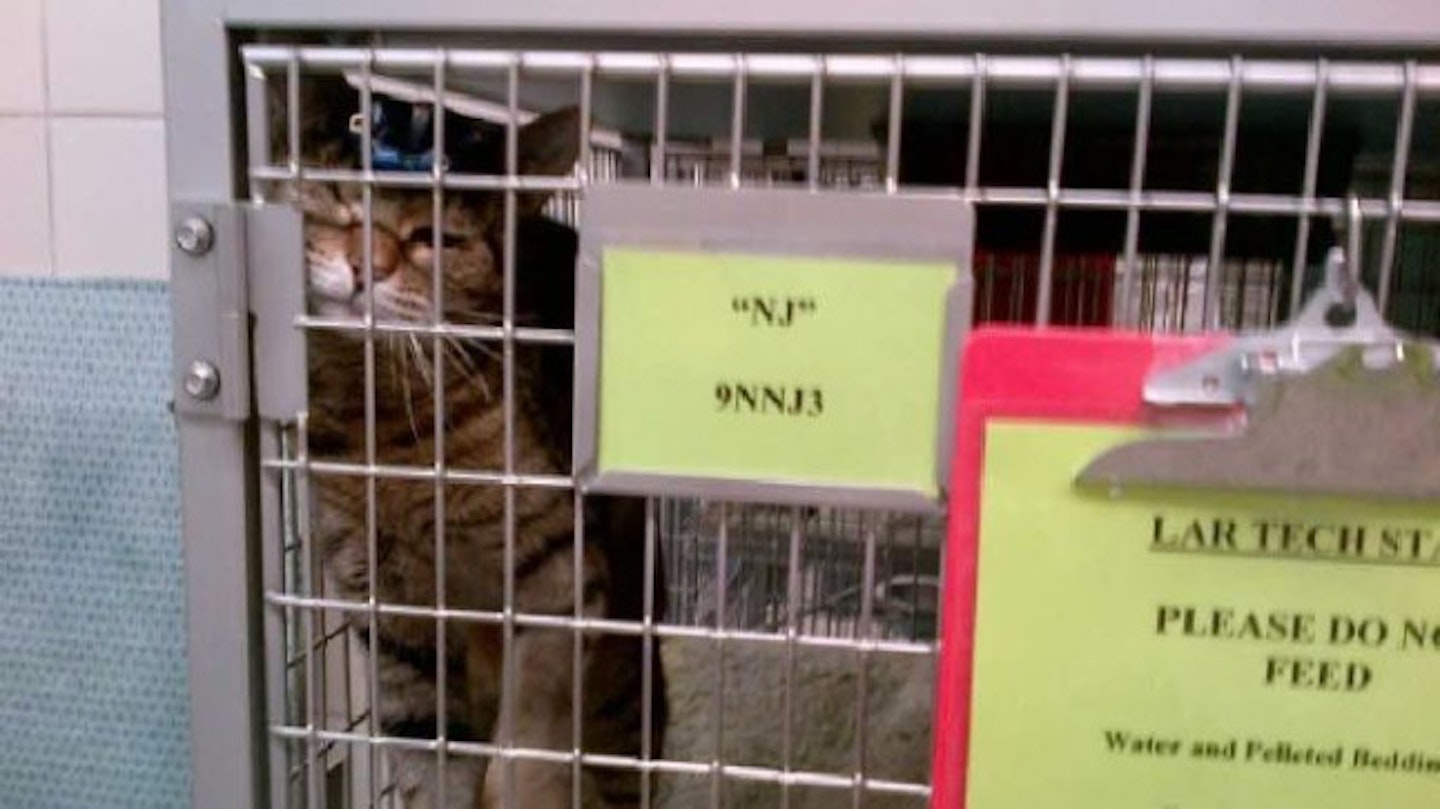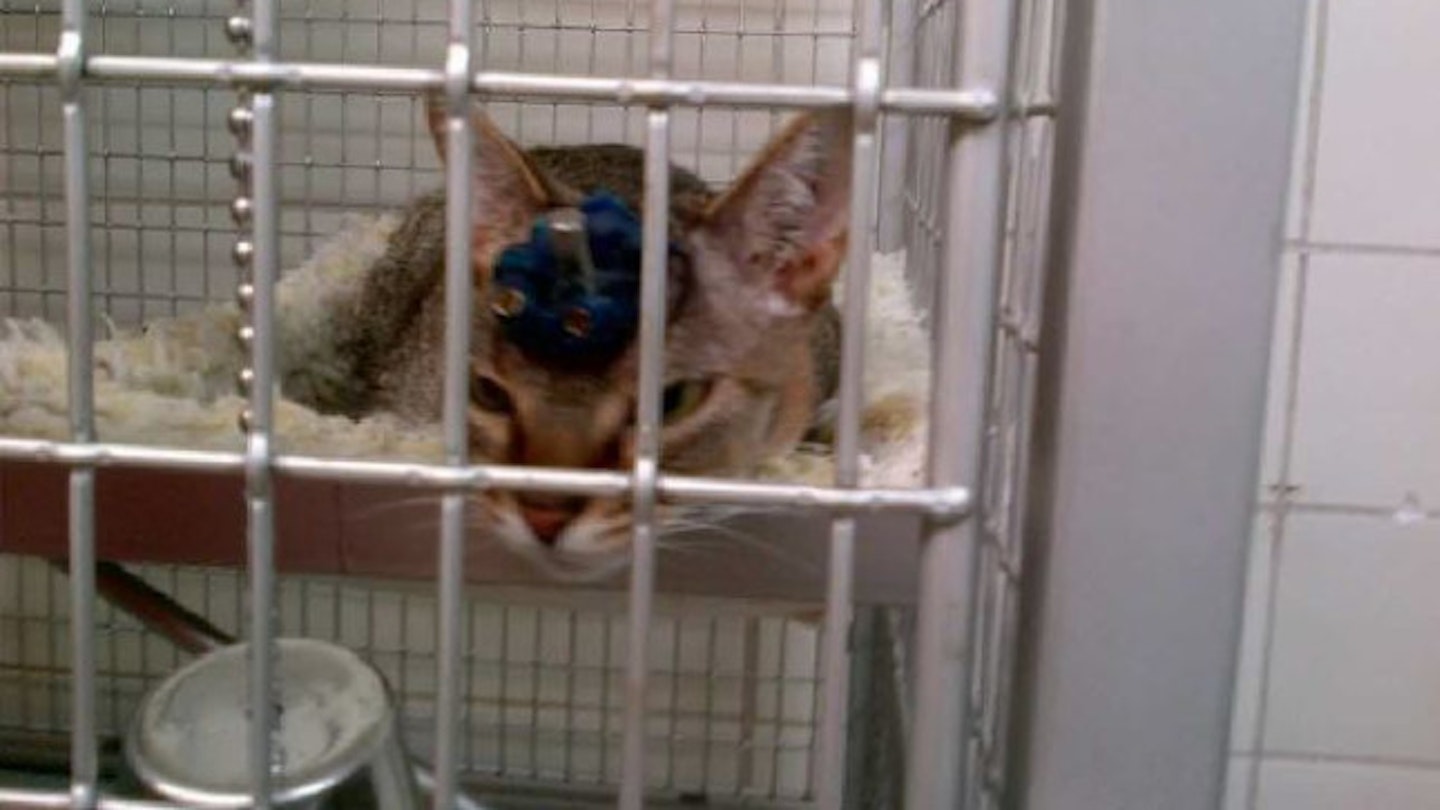Kittens have ben subjected to horrific experiments at universities in the UK, it has been revealed.
Cats have had their skulls broken, electrodes put on their ribs, spine and brains and some have even had their eyes sewn shut in order for scientists to have a better understanding of the human body.

Many of the animals are given paralysing drugs to stop them moving during the brutal procedures.
The kittens are put under anaesthetic during the experiments, but are usually killed once the test has finished.

UCL, Cambridge, Liverpool, Bristol, Cardiff and Edinburgh are all listed as universities who have conducted experiments on cats.
Cardiff and Edinburgh university raised kittens in complete darkness to test how their brain functions related to ambyopia - or 'lazy eye,' whilst others have drilled into their skulls.
Some of the cats are involved in procedures for upto six weeks, subjecting them to great pain and discomfort.

Animal campaigners are understandably appalled by news of the experiments, with Andrew Tyler from Animal Air saying: 'The extreme suffering and stress endured by the cats and kittens used in these repulsive experiments is deeply disturbing to imagine.'
'Instead of torturing cats and kittens in perversely cruel experiments, University College London should move into the twenty-first century and embrace the wide range of non-animal methods that are available to scientists and produce valid, human-relevant results.'
Last year animal charity PETA challenged the University of Wisconsin over their use of cats in animal testing, and now it seems the procedures are going on closer to home.
The pictures included in this article are PETA's from the University of Wisconsin.
